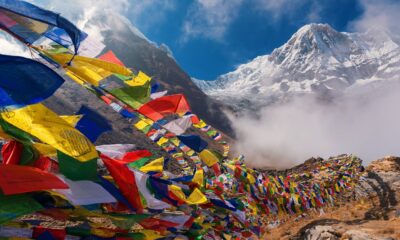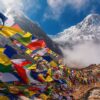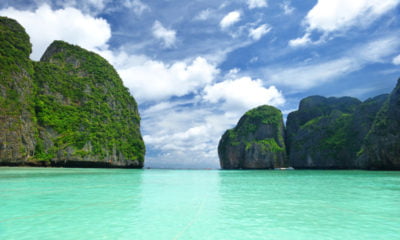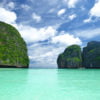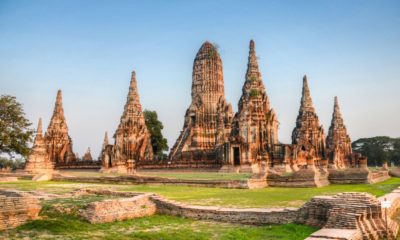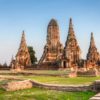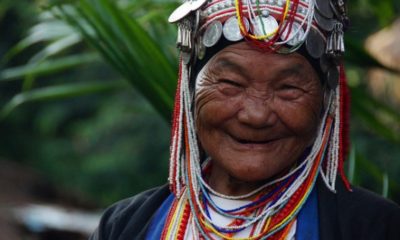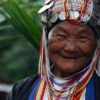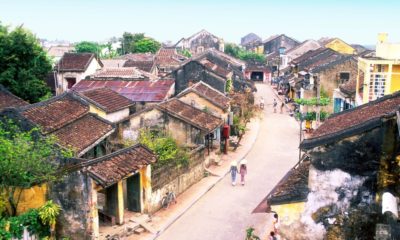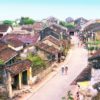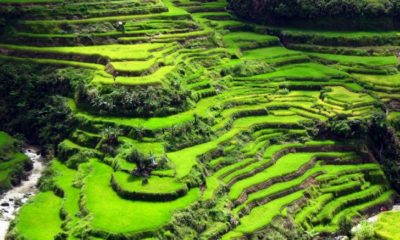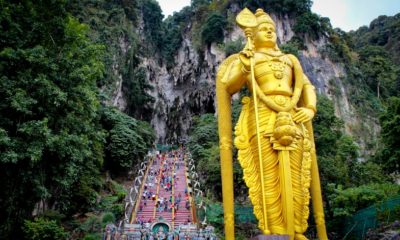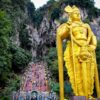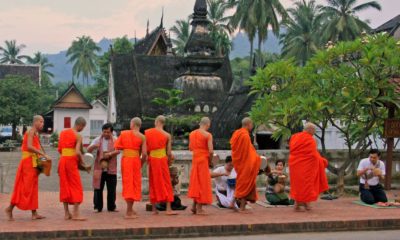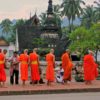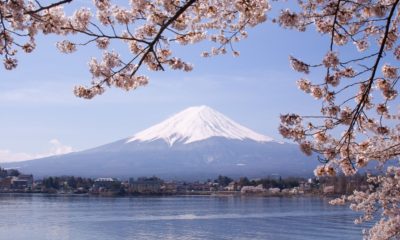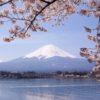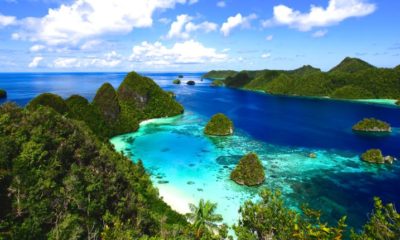Asia
Backpacking Sri Lanka Need To Know
Basics
Language:
Capital:
Currency:
| Dial Code:
International Access Code:
Emergency Services Number:
Time Difference:
|
Entry
Nearly every visitor to Sri Lanka will need a visa to enter. A visa on arrival can be troublesome and you can expect delays, so it is best to apply for your visa online at eta.gov.lk/slvisa. Generally visas are valid for 30 days and cost US$30, but vary with nationality.
Yellow fever vaccination is required for travellers arriving from countries with risk of yellow fever transmission.
Your passport should be valid for a minimum period of 6 months from the date of entry to Sri Lanka.
The security forces have imposed restrictions preventing all foreign passport holders travelling to the Northern Province.
For official information visit your home government travel bureau.
Getting Around
More detail is to come in this section, but you can read about general advice regarding Getting Around When You Get There
Accommodation
Sri Lanka has a wide variety of accommodation and you should never have any problem finding some.
The average price of accommodation is 800-2,000 LKR (£4-£10) a night.
The majority of accommodation in Sri Lanka will provide linen and bathroom facilities. Usually there will be internet facilities as well as a common area and laundry services.
Read more about Accommodation When You Get There and Living in Hostels
Recommended For Further Information
If it’s your first time to Asia and you are heading to multiple destinations, I highly recommend picking up a copy of Rough Guide’s; First-Time Asia. It provides the most relevant, up-to-date advice on what to see and skip, where to stay, and how to optimise your budget for an extended continental trip…

Food And Health
Restaurants are cheap and cooking facilities in hostels are rare.
Food hygiene and safety is improving, but isn’t up to Western standards. Use your instincts; if the place looks dirty, don’t eat there; if your food isn’t piping hot, don’t eat it.
Water is not safe to drink – always buy bottled or boil.
Emergency medical treatment is expensive and not easily available outside main cities; you may have to be brought to Colombo for treatment. Make sure you have adequate travel health insurance and accessible funds to cover the cost of any medical treatment abroad and repatriation.
Dengue fever is present in Sri Lanka. Always contact your GP around 8 weeks before your trip to check whether you need any vaccinations or other preventive measures. Visit here for Recommended Vaccinations and read here for more about Travelling Health In General
Weather & Time To Go
Sri Lanka is a tropical country with large amounts of rainfall throughout the year, but particularly in the two monsoon seasons from October to January and May to July. Sri Lanka is generally hot year-round, but at higher elevations in central Sri Lanka it is much cooler.
Communications
Internet and wifi is accessible in most hostels and hotels. International calling cards are also cheaply available.
Dangers And Considerations
You must carry a form of official photographic identification with you at all times otherwise you may be detained.
Women should use caution when in Sri Lanka and dress modestly, particularly if travelling alone, sexual assault is uncommon, but does happen.
Military conflict ended in May 2009, but demining, and weapons and ordnance clearance operations may still be ongoing. You should obey orders from the security forces and signs warning of the danger from land-mines.
Thieves, pickpockets and scam artists commonly operate in tourist areas and cities. Pickpockets often work in gangs, some distracting you while the others go into your bags, so be alert and try not to get distracted around tourist attractions and cash points.
Credit card fraud is common. Don’t lose sight of your card during transactions.
Drink spiking is common – buy your own drinks and keep them within sight at all times.
Protests are common, you should avoid all public gatherings and mass demonstrations, as they can sometimes turn violent.
Many beaches in Sri Lanka have dangerous surf or rip tides at certain times of the year. Always take local advice before entering the sea; a number of foreign nationals drown every year.
There are severe penalties for all drug offences; convicted offenders may face a lengthy jail sentence.
Don’t take photographs of military bases, government buildings or vehicles used by VIPs.
Dangers constantly change. Always check with your foreign office (British Foreign Office webpage) or travel advice bureau for the latest information regarding your destinations safety.
Read more about Safety And Security here
Respecting Culture
Tattoos of Buddha are highly offensive and some people have even been refused entry to Sri Lanka because of them.
Cover your legs and shoulders, and take off shoes and hats if you are entering a Buddhist temple, or a home. Do not turn your back to a Buddha statue and respect monks; women are not allowed to come into contact with monks.
Alcohol and meat are not usually available on religious holidays.
Same-sex relations are illegal.
Nude or topless sunbathing is generally not allowed.



